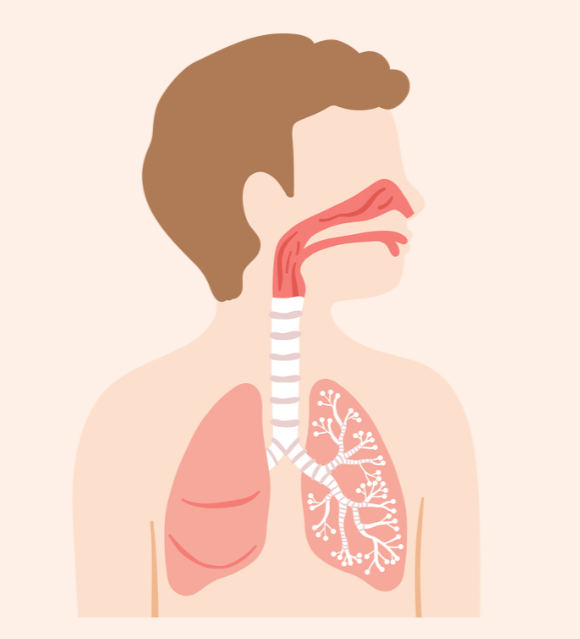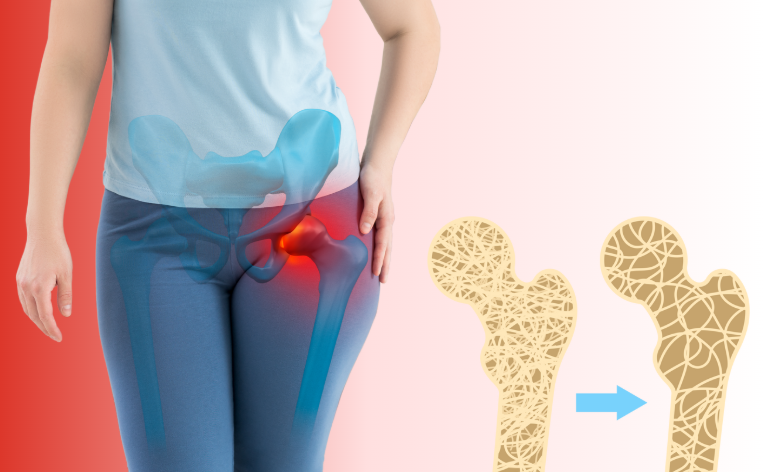

Perimenopause and menopause are natural life stages that affect half the population, yet they often remain misunderstood and overlooked. With the right information and support, women can approach these life stages with greater confidence and ease.
Perimenopause: The Transition Begins
Perimenopause generally starts in a woman’s 40s, though it may occur earlier or later. During this time, hormone levels begin to fluctuate, triggering symptoms such as:
- Irregular periods
- Hot flashes and night sweats
- Mood changes or irritability
- Sleep disruptions
This stage may last from a few months to several years. Recognizing the signs is an important step toward managing them effectively.
Menopause: A New Chapter
Menopause is reached after 12 consecutive months without a menstrual period, typically between the ages of 45–55. Common experiences may include:
- Weight gain or slower metabolism
- Memory lapses or difficulty focusing
- Vaginal dryness or discomfort
- Decreased bone density
While the changes can feel unfamiliar, it is a normal stage of aging. Understanding what to expect allows women to make informed decisions about their health and well-being.
Lifestyle adjustments can make symptoms more manageable and improve overall quality of life:
- Stay active through regular physical activity
- Eat a balanced, nutrient-dense diet rich in calcium and vitamin D
- Prioritize sleep and find strategies to reduce stress
- Practise self-compassion by being patient with yourself during changes
Perimenopause and menopause mark an important transition, but with awareness and proactive care, women can feel empowered rather than uncertain. By understanding the changes and taking steps to support physical and mental health, this chapter of life can be approached with strength, clarity, and resilience. Speak to your doctor about any concerns or symptoms.
Written by Elena Davakis, Health Promotion Coordinator



































































































































































































































































































